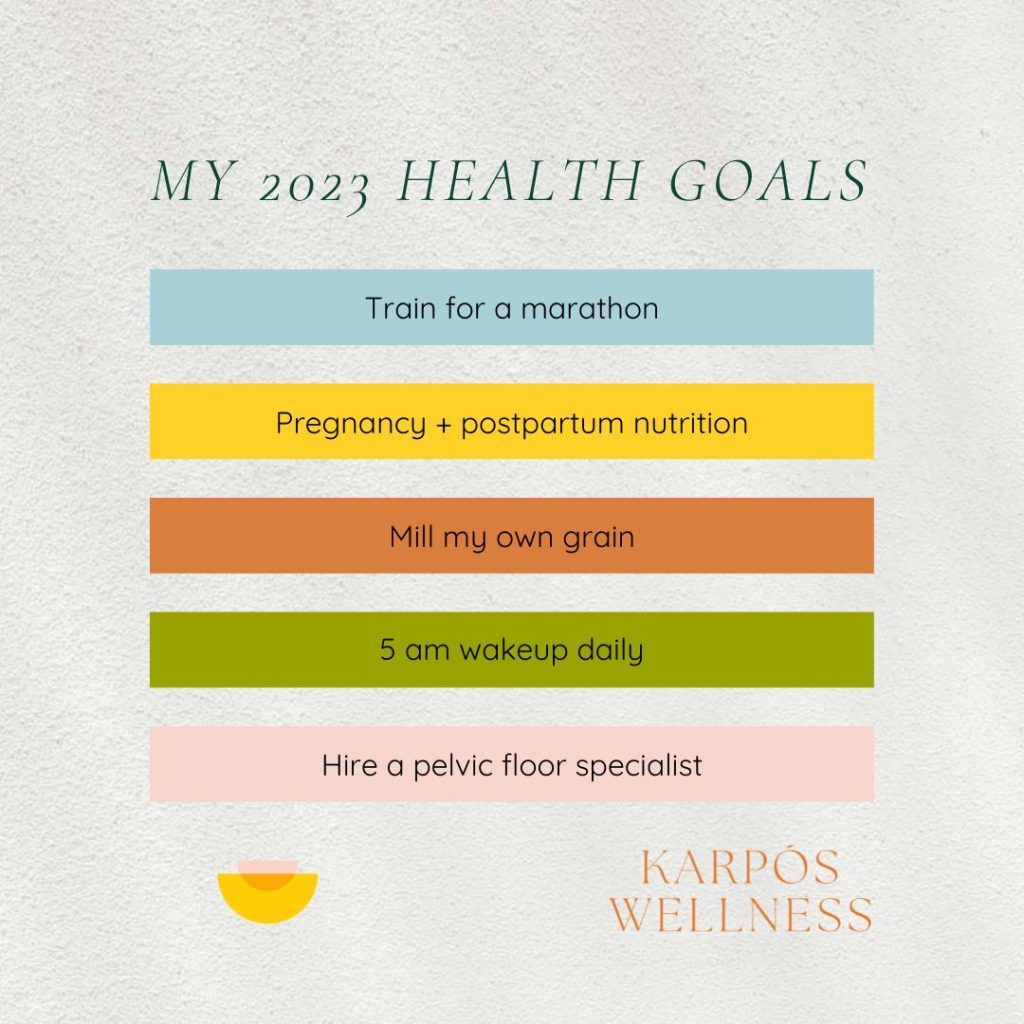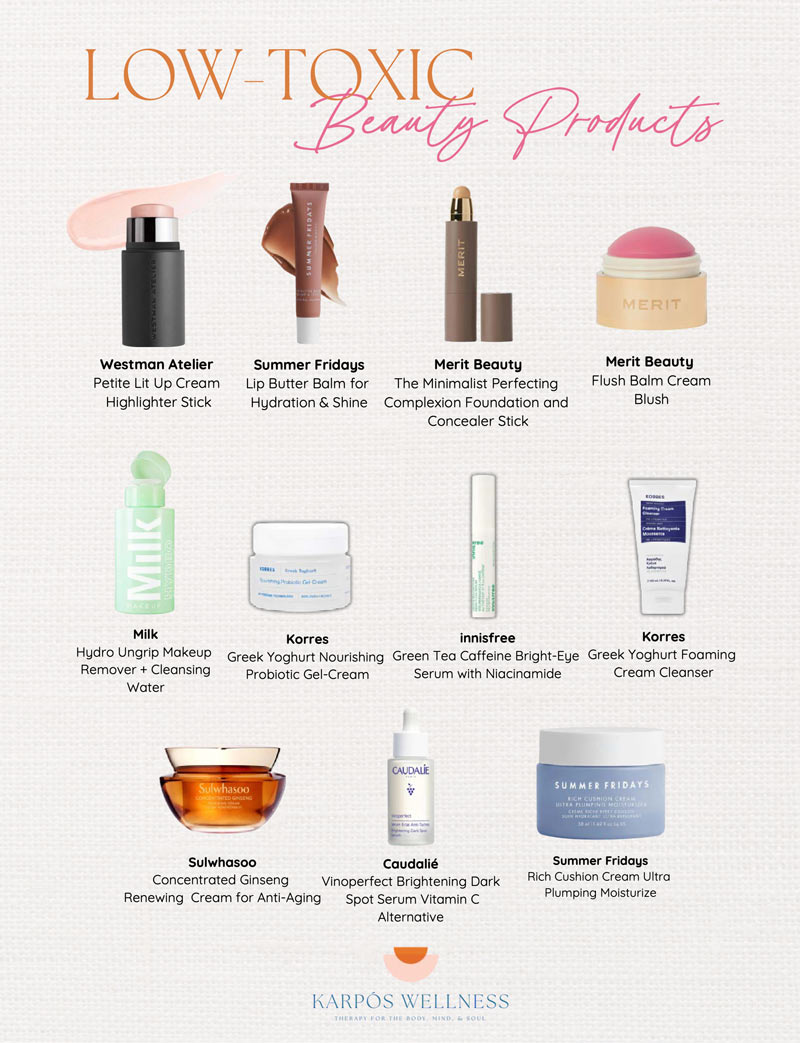You hear the phrase all the time “counting macros” and most of the time it’s in the context of understanding the importance of getting them in at an exact ratio for bodily perfection. We also hear often how important macronutrients are and that we should focus on getting them in our daily diet, but WHAT IN THE HECK DOES THAT MEAN?
It’s simple, really. And yes, there is a science to it, but it’s not an exact science because everyone is bio-individual with needs that vary. In simplest terms, macronutrients are proteins, carbs, fats, and water. BOOM. And it’s true that eating all three in the same meal is a powerful way for your metabolism to rev up and do its thing. They all three need each other, rely on each other, and work together to give YOU the best results.
We will visit the macronutrient water in an entire post of its own, but for now let’s look at the roles of each macronutrient, the best way to get them into your diet, and general needs of the human body for optimal function.
Proteins
They are the building blocks of the entire body. When we consume high-quality protein, our body can absorb it, use it as a new ingredient in the body, and therefore:
- Make enzymes, which are essential for every biochemical process in the body.
- Make hormones and support the endocrine system as a whole. This is crucial. A lot of the time, hormone-related issues can be traced back to a level of protein deficiency so it’s important that you’re getting enough of the right kind of proteins every single day.
- Make immune system cells. A healthy immune response is necessary for the production of antibodies, which help us fight infection and also regulate inflammation throughout the body.
- Produce neurotransmitters that directly influence how we think, reflect, and respond. Neurotransmitter function impacts our mood, ability to get excited, to remain calm, and otherwise.
- They supply iron, B12, zinc, magnesium, and potassium.
- They are used for tissue repair and muscle building.
Daily need: 19-35%
The Best Types of Proteins:
- Grass-fed meat
- Wild-caught fish
- Pasutre-raised poultry + their eggs
- Organic, pastured dairy unless raw dairy is available
- Soaked and sprouted nuts + seeds (if well-tolerated)
- Organic meat instead of conventional beef
Fats
Fats are crucial for the production of energy and hormones. It’s crucial that fats make up 15-20% of our body weight. Fats have gotten a bad rap over the years, but there is such a thing as good fats and bad fats and we are talking about the good fats. So what do they do?
- Give us energy that is long-lasting and longer-burning.
- They are the building blocks for cell membranes and hormones.
- They are required to absorb vitamins A, D, E, & K and other nutrients.
- They are required for the use of proteins, just like proteins require fats to do what they need to do in the body.
- Slow the absorption of food by regulating blood sugar so that your body can have proper energy regulation over time, rather than experiencing dips, spikes, and short bursts of energy.
- Keep you fuller for longer.
- They make food taste better!
- They are essential for liver and gallbladder health.
- They protect organs in the body.
- They help keep the gut healthy.
Your body desperately needs high-quality cell membranes in order for organs to function optimally in the body and when you produce trans fats (or bad fats) the cells are not being built with integrity. This leads to poor nutrient absorption and assimilation and can lead to metabolic dysfunction.
Daily need: 20-35%
The Best Types of Fats:
- Sardines
- Salmon
- Cod
- Cold-pressed oils from nuts, seeds, olives, and nuts
- Avocado
- Coconut
Carbohydrates
They are compounds of carbon, hydrogen, and oxygen and made to provide nutrient. They primarily come from plants. Carbohydrates give us:
- Fuel for our brain.
- Energy for our muscles.
- The ability to break down fats and proteins.
- Fuel for the microbiome––they bind to toxins and help pull them out of the body, making it easier on the gut to function properly.
- The ability to fight infections.
- The primary component of proteins that cushion our joints.
- They are loaded with critical nutrients.
Daily need: 22-40%
The Best Types of Carbs:
- Grain-free
- Sugar-free
- Legume-free
- Green veggies
- Leafy greens (the darker the better)
- Whole fruits
- Gluten-free whole grains
- Winter squashes
- Flaxseed
- Okra
- Apples
- Sea vegetables
IT’S IMPORTANT TO EAT ALL THREE FOR A DAILY NUTRITIOUS DIET BECAUSE THE WAY THESE MACRONUTRIENTS WERE DESIGNED, REQUIRES THEM TOGETHER FOR OPTIMAL USE. PROTEINS NEED FATS, FATS NEED PROTEINS, AND CARBS BREAK THEM BOTH DOWN. SCIENTIFICALLY, WHEN EATEN ALL THREE TOGETHER THEY ASSIMILATE EACH OTHER AND MORE EFFECTIVELY BREAK DOWN FOOD.
The above ratios are a general rule, but everyone’s needs will vary based on:
- Age
- Activity level
- Insulin sensitivity
- Goals
- Digestion status
- More…
You can play around with these percentages as a starting point, but once you have an understanding of what is best for your body you can use it as a general guideline when preparing meals. These numbers are for daily consumption, but it’s best to have the same ratios in mind for each meal so that your body can fully optimize the nutrients throughout the day. When I work with clients I will suggest more personal goals for daily intake after reviewing their health history and goals. I personally do not “count macros” because it would drive me bananas. I choose to be intentional about the types of macronutrients I eat daily and focus on nutrient density rather than exact percentages.









